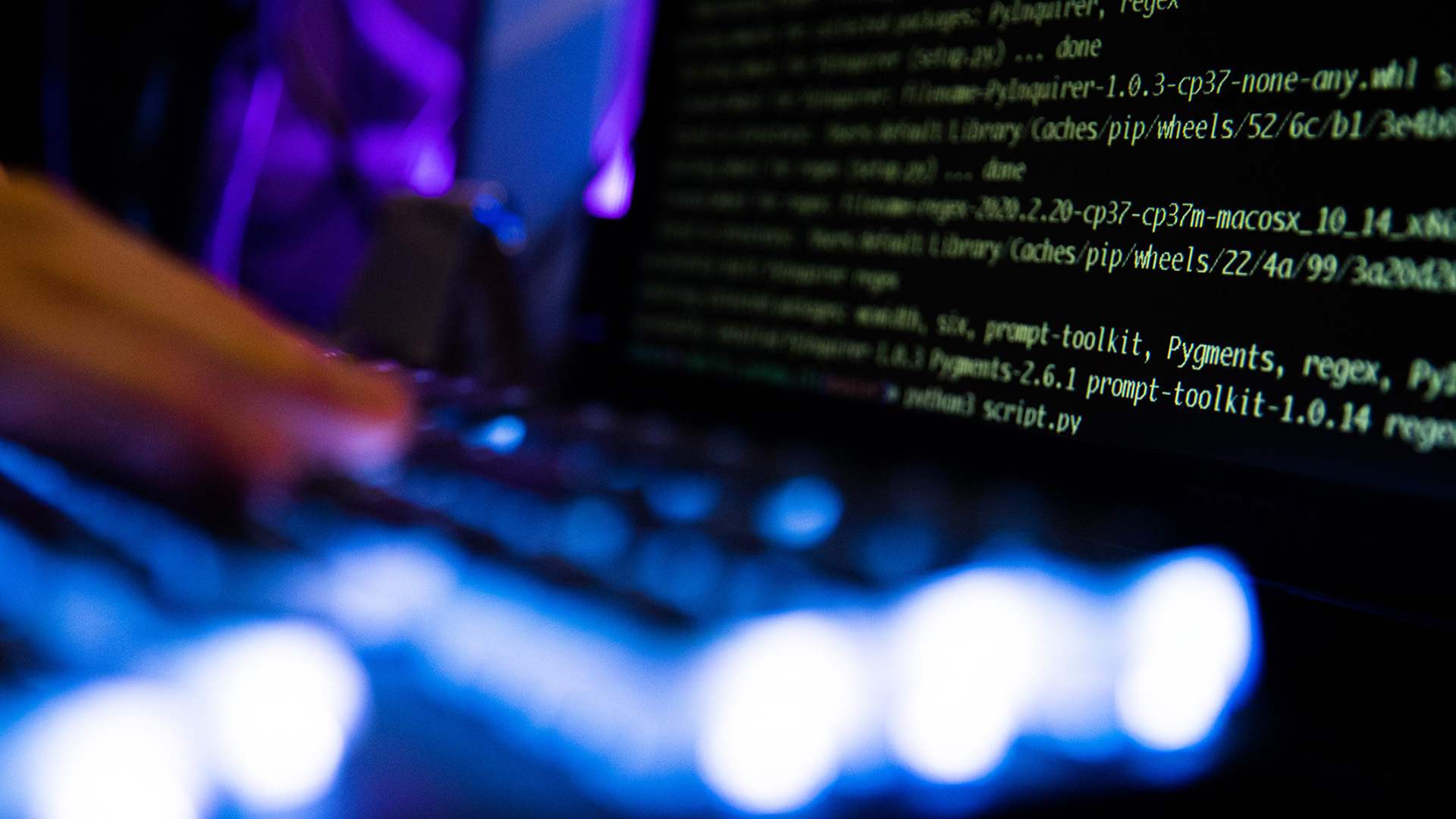Health care organizations under siege from Ryuk ransomware
As hospitals bravely cope with Coronavirus, hackers sense an opportunity to cash in


Despite health care organizations heroically battling the coronavirus, a new report indicates they continue to endure ransomware attacks.
In a blog post, researchers from Check Point Software said that since the start of November, there has been a 45% increase in attacks targeting health care organizations globally, compared to an average 22% increase in attacks against other industry sectors.
“This is more than double the overall increase in cyber-attacks across all industry sectors worldwide seen during the same time,” said researchers.
The average number of weekly attacks in the health care sector reached 626 per organization in November, compared with 430 in October. The main ransomware variant used in attacks is Ryuk, followed by Sodinokibi.
Researchers reported a rising wave of ransomware attacks had targeted hospitals and health care organizations at the end of October. Most of those attacks used the infamous Ryuk ransomware. This followed a Joint Cybersecurity Advisory issued by the CISA, FBI, and HHS, which warned of an increased and imminent cyber crime threat to US hospitals and health care providers.
The latest rise in attacks involves a range of vectors, including ransomware, botnets, remote code execution, and DDoS attacks.
“However, ransomware shows the largest increase and is the biggest malware threat to healthcare organizations when compared to other industry sectors,” said researchers.
Get the ITPro daily newsletter
Sign up today and you will receive a free copy of our Future Focus 2025 report - the leading guidance on AI, cybersecurity and other IT challenges as per 700+ senior executives
Ransomware attacks against hospitals and related organizations are particularly damaging because any disruption to their systems could affect their ability to deliver care, endangering lives. All this adds to the pressures these systems face trying to cope with the global increase in COVID-19 cases.
“This is precisely why criminals are specifically and callously targeting the healthcare sector: because they believe hospitals are more likely to meet their ransom demands,” researchers warned.
“The major motivation for threat actors with these attacks is financial. They are looking for large amounts of money, and fast. It seems that these attacks have paid off very well for the criminals behind them over the past year, and this success has made them hungry for more.”
Broken down regionally, Central Europe tops the list of affected regions with a 145% increase in health care organization attacks. East Asia comes in second with a 137% increase while Latin America is third with a 112% increase. Europe and North America saw 67% and 37% increases, respectively.
Researchers warned that the use of test and trace apps for tracking individuals, which previously would have caused strong privacy-related opposition, has widely been adopted worldwide and is expected to outlive the pandemic.
“As the world’s attention continues to focus on dealing with the pandemic, cyber-criminals will also continue to use and try to exploit that focus for their own illegal purposes – so it is essential that both organizations and individuals maintain good cyber-hygiene to protect themselves against Covid-related online crime,” researchers said.
Rene Millman is a freelance writer and broadcaster who covers cybersecurity, AI, IoT, and the cloud. He also works as a contributing analyst at GigaOm and has previously worked as an analyst for Gartner covering the infrastructure market. He has made numerous television appearances to give his views and expertise on technology trends and companies that affect and shape our lives. You can follow Rene Millman on Twitter.
-
 Should AI PCs be part of your next hardware refresh?
Should AI PCs be part of your next hardware refresh?AI PCs are fast becoming a business staple and a surefire way to future-proof your business
By Bobby Hellard
-
 Westcon-Comstor and Vectra AI launch brace of new channel initiatives
Westcon-Comstor and Vectra AI launch brace of new channel initiativesNews Westcon-Comstor and Vectra AI have announced the launch of two new channel growth initiatives focused on the managed security service provider (MSSP) space and AWS Marketplace.
By Daniel Todd
-
 ‘Phishing kits are a force multiplier': Cheap cyber crime kits can be bought on the dark web for less than $25 – and experts warn it’s lowering the barrier of entry for amateur hackers
‘Phishing kits are a force multiplier': Cheap cyber crime kits can be bought on the dark web for less than $25 – and experts warn it’s lowering the barrier of entry for amateur hackersNews Research from NordVPN shows phishing kits are now widely available on the dark web and via messaging apps like Telegram, and are often selling for less than $25.
By Emma Woollacott
-
 Healthcare systems are rife with exploits — and ransomware gangs have noticed
Healthcare systems are rife with exploits — and ransomware gangs have noticedNews Nearly nine-in-ten healthcare organizations have medical devices that are vulnerable to exploits, and ransomware groups are taking notice.
By Nicole Kobie
-
 Alleged LockBit developer extradited to the US
Alleged LockBit developer extradited to the USNews A Russian-Israeli man has been extradited to the US amid accusations of being a key LockBit ransomware developer.
By Emma Woollacott
-
 February was the worst month on record for ransomware attacks – and one threat group had a field day
February was the worst month on record for ransomware attacks – and one threat group had a field dayNews February 2025 was the worst month on record for the number of ransomware attacks, according to new research from Bitdefender.
By Emma Woollacott
-
 CISA issues warning over Medusa ransomware after 300 victims from critical sectors impacted
CISA issues warning over Medusa ransomware after 300 victims from critical sectors impactedNews The Medusa ransomware as a Service operation compromised twice as many organizations at the start of 2025 compared to 2024
By Solomon Klappholz
-
 More than 300,000 US healthcare patients impacted in suspected Rhysida cyber attacks
More than 300,000 US healthcare patients impacted in suspected Rhysida cyber attacksNews Two US healthcare organizations have warned threat actors were able to breach their internal systems, exposing more than 300,000 individuals.
By Solomon Klappholz
-
 ‘It’s your worst nightmare’: A batch of €5 hard drives found at a flea market held 15GB of Dutch medical records – and experts warn it could’ve caused a disastrous data breach
‘It’s your worst nightmare’: A batch of €5 hard drives found at a flea market held 15GB of Dutch medical records – and experts warn it could’ve caused a disastrous data breachNews Robert Polet made a startling discovery after finding hard drives on sale for €5 each in a flea market.
By Solomon Klappholz
-
 Warning issued over prolific 'Ghost' ransomware group
Warning issued over prolific 'Ghost' ransomware groupNews The Ghost ransomware group is known to act fast and exploit vulnerabilities in public-facing appliances
By Solomon Klappholz